By Gu Shihong, Wang Zonghan & Xu Huangguan from CNS
Modernization is the final goal of all human civilizations which are focusing on the choices made by two different kinds of cultures: individualism and collectivism.
What are the core values of individualism and collectivism? Why China and the world can benefit from collectivism? During her attendance at Wuyi Forum, Tamara Prosic, a Senior Researcher in philosophy, history and international studies of Monash University, accepted an exclusive interview by CNS, sharing her views on those issues.
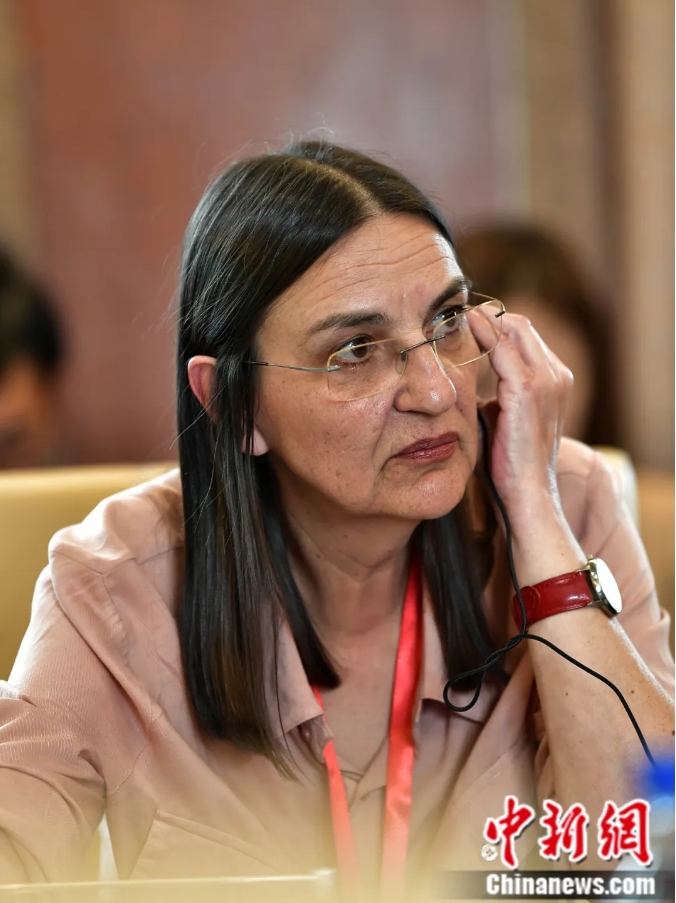
Here are excerpts from the interview:
CNS: As a Senior Researcher in philosophy, history and international studies, why do you focus on the development of Chinese civilization and real China? What’s your understanding about the distinctive features of Chinese civilization?
Tamare Prosic: For me, modern, socialist China represents the future of the world, so that is a very big reason why I am interested in understanding Chinese civilization, both traditional and modern. I am not an expert in traditional Chinese civilization, there is so much more that I need to learn about it, but I do know something, both theoretically and from experience, about socialism, which is Chinese chosen social, political and economic praxis.
I was born, raised and educated in socialist former Yugoslavia, so Chinese socialism is for me to some extent a familiar territory, but it is also different because it is theoretically and practically reconfigured in a way that reflects uniquely Chinese conditions. As with traditional Chinese culture, there is a lot that I am constantly learning about Chinese socialism and there will be no end to that learning because it is not something that is static, completely finished. Rather it is a process of constant development via critical dialogue within China itself and with the rest of the world.
If I were to decide on one distinctive feature of Chinese civilization without doing grave injustice to its complexity and dynamism it would be that it is fundamentally dialectical in an inclusive way. Unlike the West, whose hegemonic thinking betrays an essentialising, non-dialectical position in which everything that resists Western economic, political and cultural dictates is seen as an irreconcilable opposite, China starts from the position that understands diversity, allows for diversity and looks for common ground between differences. Dialectics is not just about struggle of opposites, but also about their complementarity and unity via sublation of their oppositeness. It is actually this second part that leads to constructive dialogue, sense of unity and equality and what brings about development of qualitatively new and progressive conditions.
China understands this very well and that understanding does not come just from Marxist dialectics, but from China’s own cultural tradition which is also inherently dialectical in a constructive, inclusive, way. And I am not referring here just to the philosophical tradition of Daoism whose principles are quite obviously dialectical. Take, for example, traditional Chinese gardens which effortlessly overcome and seamlessly unite the oppositeness and the diversity between the natural and the cultural/human elements without destroying their distinctiveness. Those traditional gardens are, in a sense, a visual representation of the constructive, inclusive, dialogical dialectics that drives China’s, for example, “win-win” approach in international relations, the Belt and Road Initiative, the vision of the world presented in the white paper Global Community with a Shared Future. What I am trying to say here is that even if they wanted to be different, the Chinese people cannot but think in a way that is inclusive, dialectical and in search for harmonious solutions. Such dialectical inclusivism is, in a sense, a part of Chinese civilisational genetic code, an inseparable part of their material and immaterial traditional and modern culture.
Another Chinese civilisational characteristic, which is also part of both their traditional and modern culture, and which, according to cross-cultural research, Chinese people share with the majority of other cultures, is that it is collectivistic. In other words, Chinese people, like the majority of humanity, understand humans as fundamentally and inalienably social beings, interdependent, cooperative and embedded in a variety of social relations. This characteristic in combination with Chinese dialectical inclusivism has significant bearings on the international stage because it stands in sharp contrast to individualism, a cultural trait typical of a handful of a few Western countries which the West aggressively, indiscriminately and via variety of means, promotes as some kind of universal human trait.








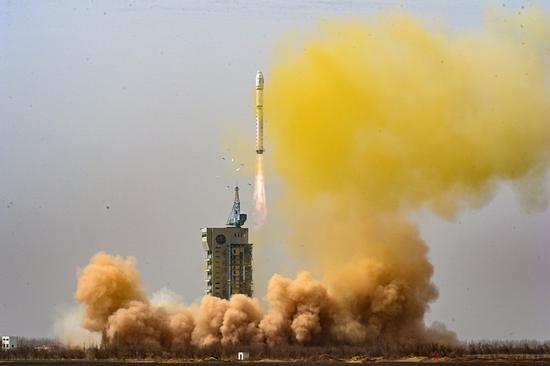
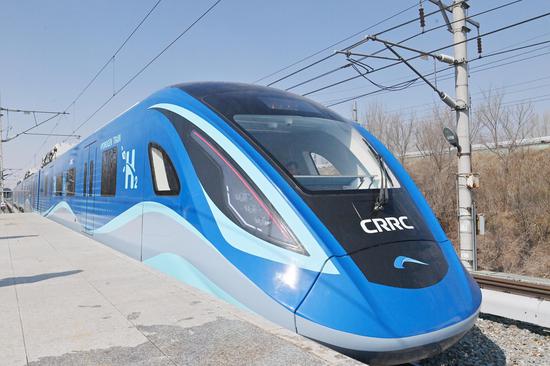


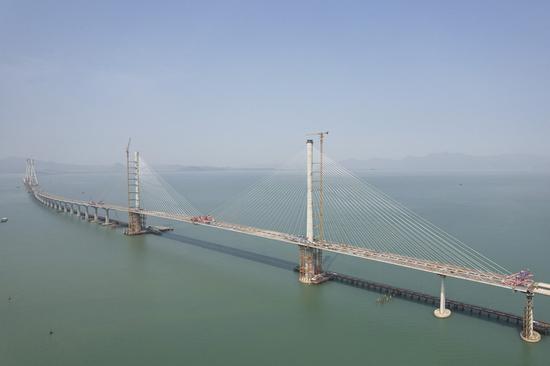





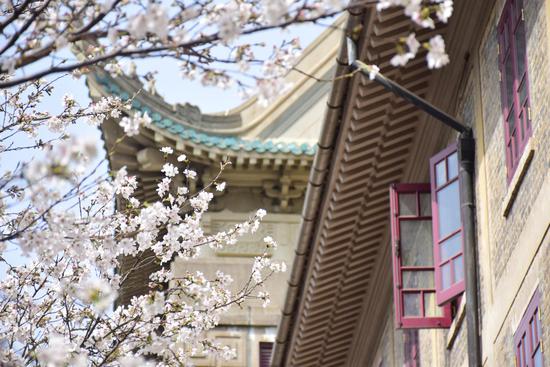
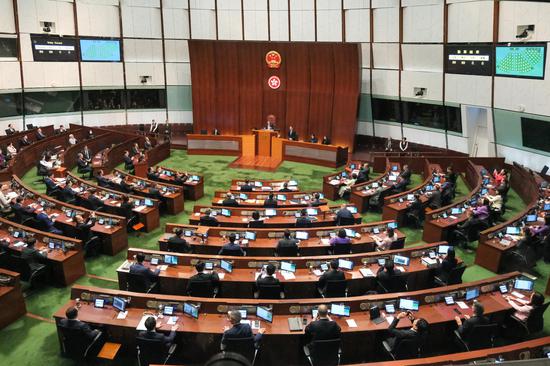


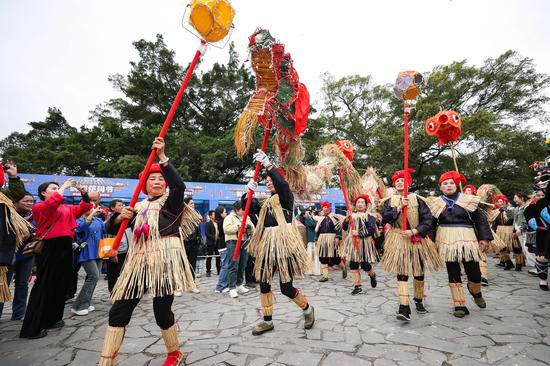



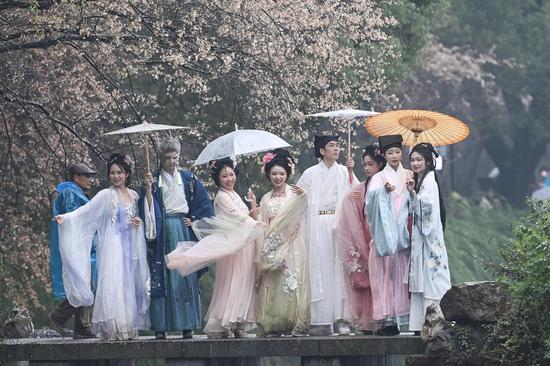





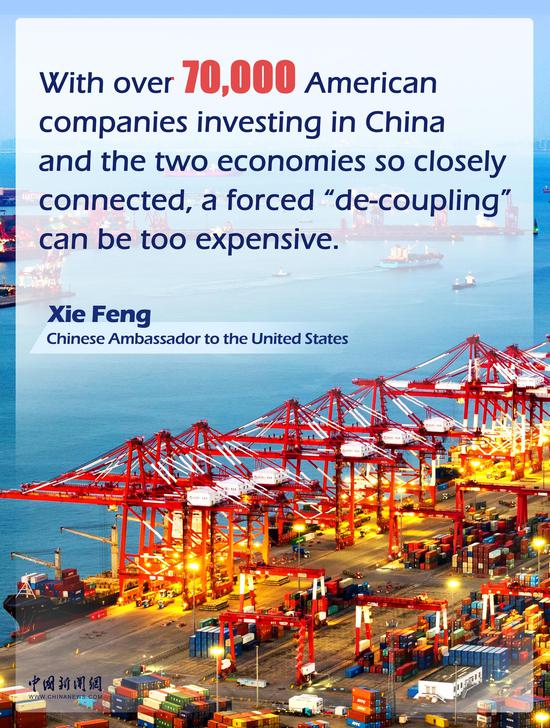
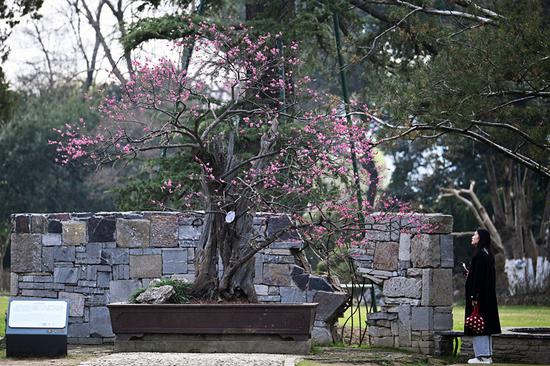
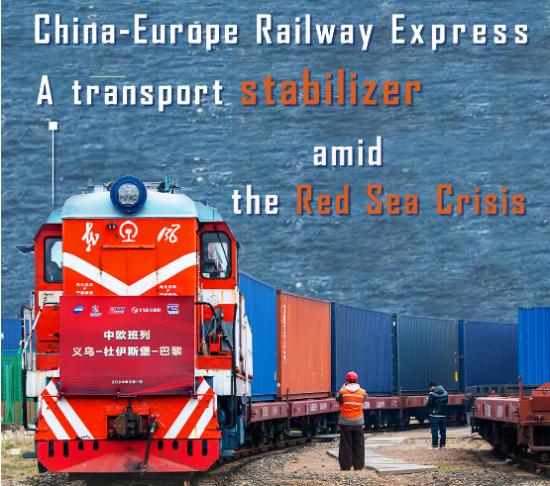
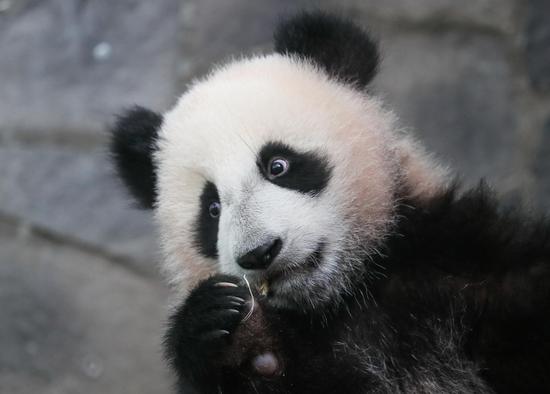
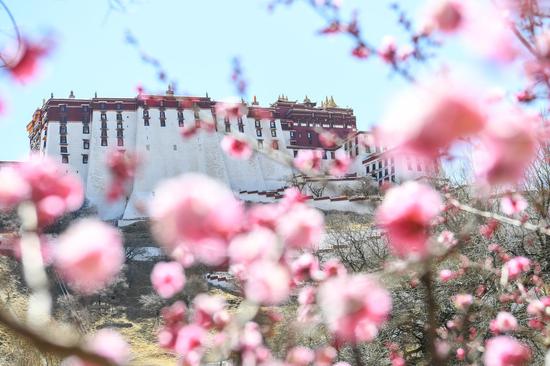



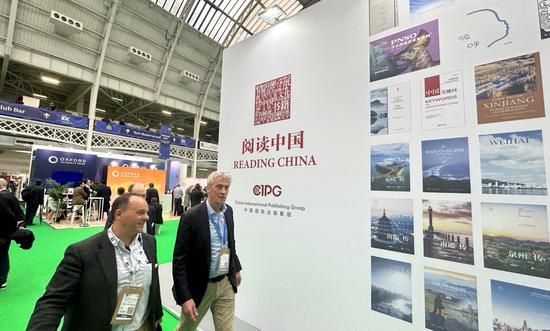



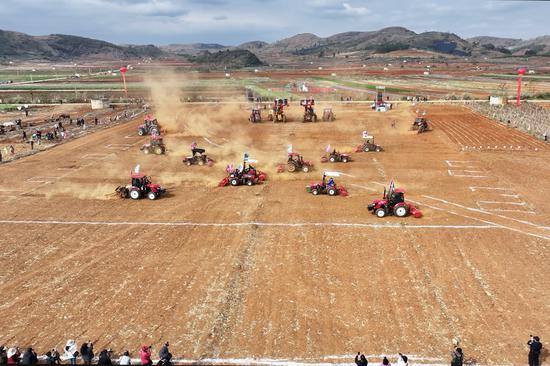





 京公网安备 11010202009201号
京公网安备 11010202009201号